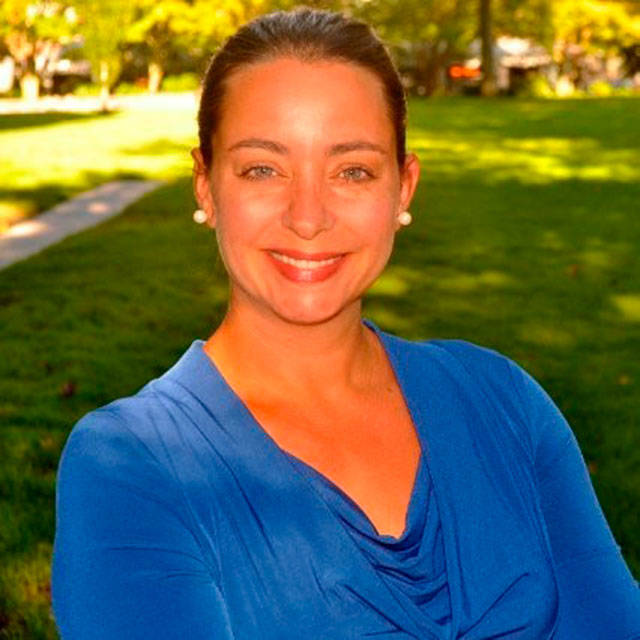Editor’s Note: April is Sexual Assault Awareness Month.
In this column, the author uses “she” when talking about survivors of sexual assault because the majority of people assaulted are women. Men are also survivors of sexual assault. No sexual assault is acceptable, no matter the person’s gender identity or sexuality.
In no other time in history has sexual assault or sexual harassment been a topic so talked about at home, with family and friends. It is amazing to be part of this moment because right now there is a mass mobilization against sexual abuse and the victim blaming that usually accompanies it.
Victim blaming is when survivors are blamed for what happened to them. For many, victim blaming is a way to distance themselves from the risk of sexual assault, therefore creating an (unreal) invincibility. When people victim blame, they see the victim as different from themselves, essentially thinking that what happened to her will not happen to me because we are different, know different people or hang out at different places. Other things that are said in victim blaming are statements such as, “She wasn’t credible,” or “She could have said ‘no’ more forcefully.”
And now, in response to being dehumanized and being blamed for someone else’s illegal behavior, across the country, women are calling bull—- in a very public way.
Chances are someone in your life has experienced sexual violence. The way you speak about the issue can have a profound impact on them. There are many ways to use your voice, from voicing your support to speaking out against victim blaming.
How we talk about sexual violence matters. When we reflect on and change the way we talk about the issue, we can create an environment of respect, equality and safety.
There are actionable steps in ending sexual assault. Ask for consent. Respect boundaries. Believe a survivor. Imagine if everyone did this. Collective action can bring about real change!
I know a lot of good guys, guys who want to be allies to the women in their lives. I am asked over and over, “What can I do?” You can:
• Stand up against rape culture;
• Tell other men when jokes are just not funny (not funny in the sexist, degrading, dehumanizing, women-are-just-objects kind of way);
• Believe women and men when they tell you they have been assaulted;
• Tell people that false reporting of rape is less than 10 percent. That means that more than 90 percent of women who say they were assaulted are telling the truth;
• Speak out against the trivialization of sexual assault (i.e. boys will be boys);
• Challenge those who say that only promiscuous women are assaulted.
• Help change the idea that women should be taught to avoid getting raped.
There is also a lot of discussion around the word “consent.” Consent isn’t just a crucial part of sexual interactions. You can practice consent in everyday situations. Practice consent every day by demonstrating that you respect personal and emotional boundaries. This also applies to the children in your life. Talk with family members and friends about ways to show affection to children that is within the child’s boundaries if the child does not want to hug. You can also empower kids to make a decision and have it be respected. For example, when you ask your child if they want a playdate with someone, be prepared to respect that decision if they say no. Your response should be respectul of that, instead of, “Oops, I already scheduled it.”
What is DOVE doing in this moment? We created and piloted a new kind of Sexual Harassment in the Workplace training that talks about consent, patriarchy in the workplace, and bystander intervention. We also are happy to announce that the Vashon SAFE (sexual assault-free establishments) training will be a workshop at the Washington Coalition of Sexual Assault Program’s 2018 Annual Conference. And, this year, all of DOVE’s advocates will go through sexual assault advocacy training.
Movements are made of moments. Join me in standing up to be an agent of the change we desperately need.
— Elizabeth Archambault is the executive director of The DOVE Project.



